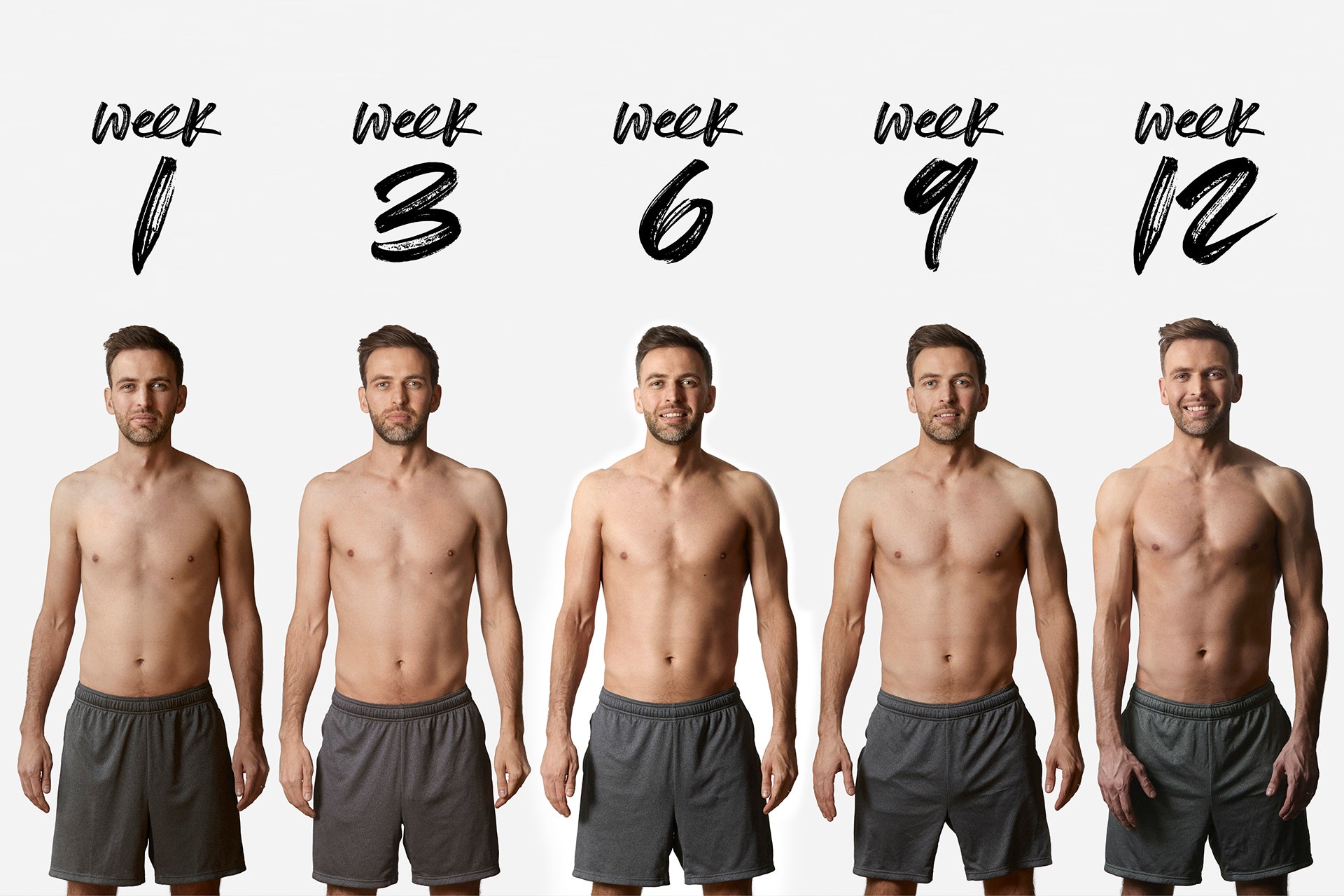Two Week Beach Body Diet: This phrase conjures images of rapid transformation, but the reality often differs from the marketing hype. This exploration delves into the promises and pitfalls of quick-fix diets, examining the potential risks of crash dieting and emphasizing the importance of sustainable, healthy habits for long-term weight management. We’ll explore a balanced approach encompassing nutrition, exercise, and mental wellbeing, ultimately aiming for realistic and achievable results rather than fleeting, unsustainable changes.
We’ll analyze common marketing tactics employed to promote rapid weight loss, detailing the potential dangers of nutrient deficiencies and metabolic slowdown. Furthermore, we will construct a sample two-week plan that incorporates a balanced meal plan, a manageable workout routine, and crucial lifestyle adjustments. The goal isn’t just short-term weight loss, but building healthier habits that support long-term well-being.
Understanding Realistic Expectations and Long-Term Health
Achieving a beach-ready body is a worthy goal, but prioritizing sustainable lifestyle changes over quick fixes is crucial for long-term well-being and lasting results. Focusing solely on short-term weight loss often leads to disappointment and can negatively impact your health. This section explores the importance of realistic expectations and the creation of healthy habits that support lasting weight management.
Sustainable lifestyle changes are the cornerstone of successful and lasting weight management. This involves making gradual, incremental adjustments to your diet and exercise routine that you can realistically maintain over time. Instead of drastic measures, focus on small, achievable goals. For example, incorporating a 30-minute walk into your daily routine, reducing sugary drinks, or swapping processed snacks for fruits and vegetables are all manageable steps. The key is consistency, not intensity.
The Dangers of Yo-Yo Dieting
Yo-yo dieting, characterized by cycles of weight loss and regain, carries significant risks for both physical and mental health. Repeated weight fluctuations can lead to metabolic slowdown, making it increasingly difficult to lose weight in the future. Furthermore, yo-yo dieting can negatively impact hormone levels, increasing the risk of heart disease, type 2 diabetes, and other health problems. The emotional toll is also considerable; the constant cycle of failure and frustration can lead to feelings of inadequacy, low self-esteem, and even disordered eating patterns. A more holistic approach, focusing on gradual and sustainable changes, is far healthier and more effective in the long run.
Visualizing Weight Loss Strategies
Imagine two graphs representing weight loss journeys. The first graph shows a steep, dramatic decline, representing rapid weight loss. This line plummets quickly, then often plateaus or even rises sharply, reflecting the weight regain typical of crash diets. The second graph shows a gentler, more gradual slope downward. This represents a slow and steady weight loss journey, with small, consistent progress over time. This line maintains a relatively consistent downward trend, reflecting the sustainability of healthy lifestyle changes. The second graph, representing gradual weight loss, ultimately reaches a healthier and more stable weight, showcasing the long-term benefits of a sustainable approach. The first graph, while initially showing impressive results, ultimately demonstrates the instability and potential harm of rapid weight loss methods.
Ultimate Conclusion
Achieving a “beach body” shouldn’t be about fleeting results from restrictive diets, but about cultivating a healthier lifestyle. This exploration of the Two Week Beach Body Diet has highlighted the importance of realistic expectations, sustainable practices, and a holistic approach to well-being. By focusing on balanced nutrition, regular exercise, and mindful lifestyle choices, lasting positive change is achievable. Remember, a healthy journey is a marathon, not a sprint, and prioritizing your overall well-being will yield far greater and more sustainable results than any quick fix.




